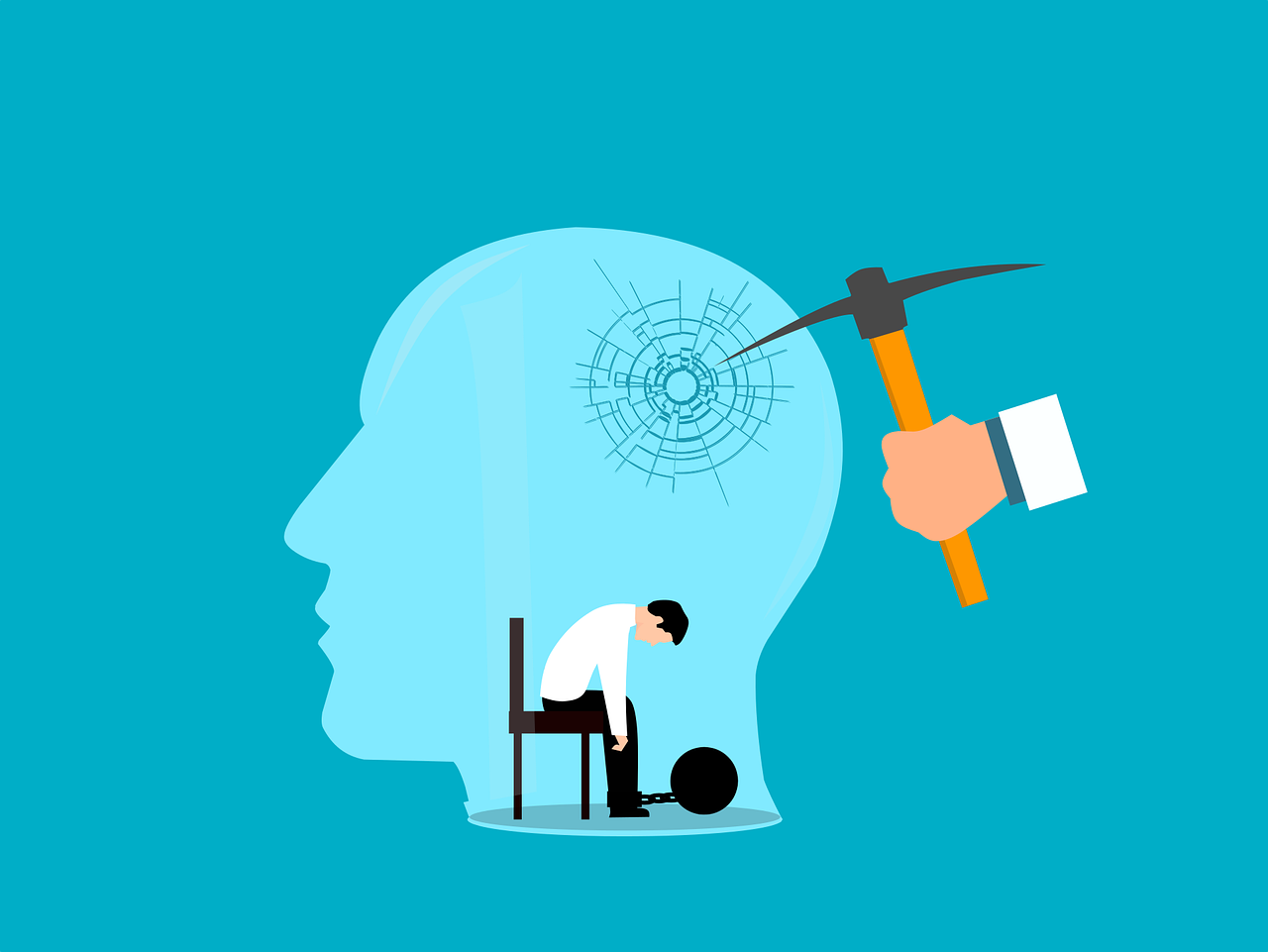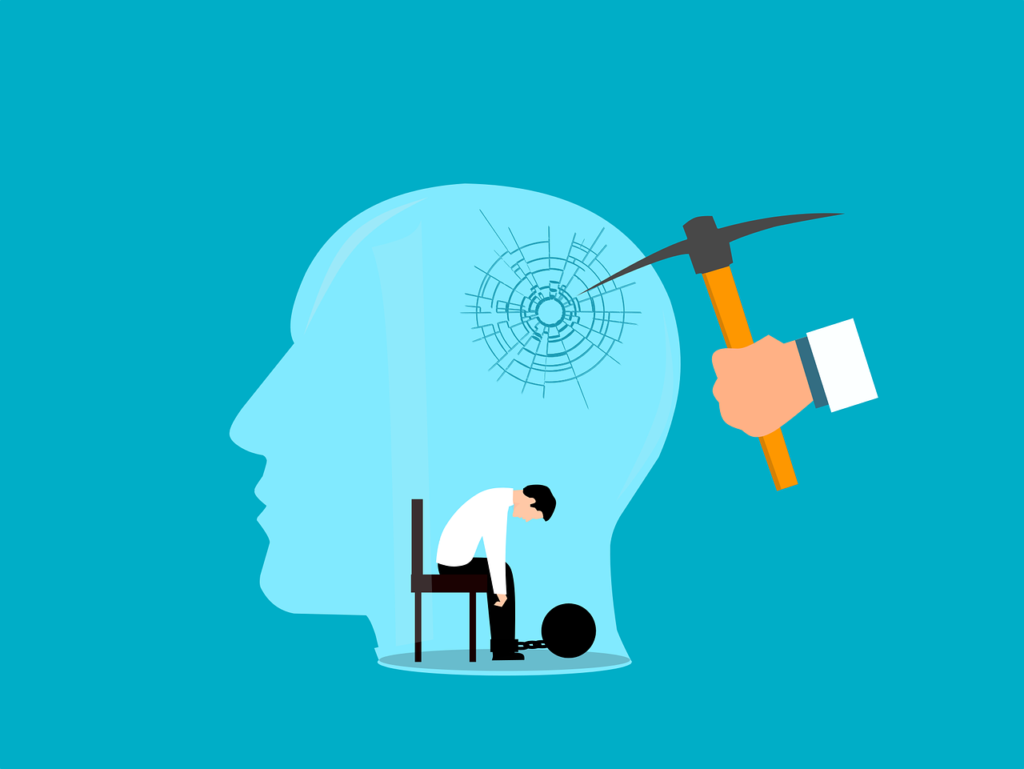
Understanding Mental Health: The Importance Of Self-Care
Do you ever feel overwhelmed, stressed, or anxious? You’re not alone. Mental health is a crucial component of our overall well-being, yet it’s often overlooked or stigmatized.
In today’s fast-paced world, it’s easy to neglect your mental health while juggling work, family, and other responsibilities. However, taking care of your mental health is just as important as taking care of your physical health.
In this article, you will learn about the importance of self-care for mental health and how you can incorporate it into your daily routine.
Self-care is the practice of intentionally taking care of your physical, emotional, and mental health. It’s about recognizing your own needs and taking steps to meet them.
Self-care is not selfish; it’s necessary for maintaining good mental health. In fact, neglecting your mental health can lead to a range of issues, including anxiety, depression, and burnout.
By prioritizing self-care, you can improve your mood, reduce stress, and enhance your overall well-being. So, whether you’re struggling with mental health issues or simply looking to maintain good mental health, self-care is an essential part of your routine.
Defining Mental Health and Self-Care
Let’s talk about what mental health and self-care really mean and why they’re so crucial in our daily lives.
Mental health refers to a person’s emotional, psychological, and social well-being. It affects how we think, feel, and act in our daily lives. Mental health is just as important as physical health, and neglecting it can lead to various health problems.
Self-care practices, on the other hand, are activities that we engage in to take care of our mental, emotional, and physical health. These practices can be as simple as taking a walk, getting enough sleep, or talking to a friend.
Self-care is not selfish, but rather a necessary part of maintaining good mental health. By taking care of ourselves, we are better able to cope with stress, manage our emotions, and improve our overall well-being.
The Benefits of Self-Care for Mental Health
Taking time for yourself and doing things that make you feel good can have a positive impact on your overall well-being.
One of the benefits of self-care for mental health is that it allows you to set healthy boundaries. Sometimes we can get caught up in the hustle and bustle of life, forgetting to take a break and recharge. By setting boundaries and saying no to things that don’t serve us, we can prioritize our mental health and avoid burnout.
This can be as simple as taking a break from social media, saying no to extra commitments, or setting aside time for ourselves each day. In addition to setting boundaries, practicing mindfulness can also have a significant impact on our mental health.
Mindfulness practices, such as meditation and deep breathing, can help reduce stress and anxiety, improve sleep, and increase feelings of well-being. By focusing on the present moment and letting go of worries about the past or future, we can cultivate a sense of peace and calm within ourselves.
Incorporating mindfulness practices into our self-care routine can help us feel more grounded and centered, even in the midst of life’s challenges.
Types of Self-Care Activities
Engaging in self-care activities can involve a variety of hobbies and interests that bring joy and relaxation into our daily routine.
Outdoor self-care is a great way to connect with nature and enjoy the physical and mental benefits of spending time outside. Whether it’s going for a hike, taking a walk in the park, or simply sitting outside and enjoying the fresh air, spending time outdoors can help reduce stress and improve our overall well-being.
Another important aspect of self-care is mindful eating. This involves being present and aware of our food choices, and eating in a way that nourishes our body and mind. Mindful eating can include things like cooking healthy meals at home, paying attention to our hunger and fullness cues, and avoiding distractions while eating.
By practicing mindful eating, we can improve our relationship with food and promote a healthier lifestyle.
Tips for Incorporating Self-Care into Your Daily Routine

Incorporating self-care into your daily routine can be enjoyable and effortless with these helpful tips.
One way to practice self-care is through mindful eating. Instead of rushing through meals or mindlessly snacking, take the time to savor your food and be present in the moment. This can include paying attention to the flavors, textures, and smells of your food, as well as listening to your body’s hunger and fullness cues.
Another way to incorporate self-care into your daily routine is through creative outlets. This can be anything from painting, writing, or playing music to knitting, gardening, or cooking. Engaging in a creative activity can help reduce stress and anxiety, improve mood, and boost self-esteem.
It’s important to find an activity that you enjoy and that allows you to express yourself in a way that feels meaningful and fulfilling. By making self-care a priority, you can improve your overall mental health and well-being.
Seeking Professional Help for Mental Health
Don’t suffer in silence, reach out for support from a mental health professional to begin your journey towards healing and finding peace of mind.
It’s important to understand that seeking professional help for mental health is just as important as seeking medical help for physical ailments. Mental health professionals, such as therapists and psychiatrists, are trained to provide the necessary care and support to help individuals manage their mental health.
One common misconception is that medication is the only solution for mental health issues. However, therapy can also be a valuable tool in managing mental health. Therapy provides a safe and confidential space to work through any challenges or issues and can help individuals develop coping mechanisms to better manage their mental health.
Unfortunately, there is still a stigma surrounding seeking help for mental health which can prevent individuals from getting the support they need. It’s important to remember that seeking help is a sign of strength and taking care of your mental health is just as important as taking care of your physical health.
Frequently Asked Questions
Can self-care completely replace professional help in treating mental health issues?
While self-care is crucial for maintaining good mental health, it cannot replace professional help entirely. There are limitations to what self-care can do, and seeking professional help is important for a comprehensive treatment plan.
How can one differentiate between healthy self-care and harmful self-indulgence?
Differentiating between indulgence and care involves understanding misconceptions and stigma surrounding self-care. Ensure your actions prioritize long-term well-being, rather than temporary pleasure or avoidance of responsibilities.
Is it possible for someone to practice self-care without realizing it?
You may be practicing self-care without even realizing it. The power of subconscious self care can manifest in small actions like taking a break or drinking water. Self care techniques for busy individuals can include deep breathing and setting boundaries.
Are there any self-care activities that are specifically recommended for people with certain mental health conditions?
If you have certain mental health conditions, mindfulness techniques like meditation can help with anxiety and depression. Exercise routines that focus on relaxation, like yoga, can also be beneficial for managing symptoms.
What are some potential barriers to incorporating self-care into one’s daily routine, and how can they be overcome?
Identifying self care obstacles can be difficult. Common barriers include lack of time, energy or motivation, financial strain, and social stigma. Overcoming self sabotage may involve setting realistic goals, seeking support, and challenging negative self-talk.
Conclusion
Now that you’ve got a better understanding of mental health and the importance of self-care, it’s time to start incorporating self-care into your everyday routine.
Remember, self-care isn’t selfish. It’s a necessary practice that can lead to better mental health, increased productivity, and overall well-being.
Take some time to evaluate your current self-care habits and see where you can make improvements. Whether it’s practicing mindfulness, exercising, or taking a relaxing bath, find activities that work for you and make them a priority.
And if you’re struggling with your mental health, don’t be afraid to seek professional help. You deserve to prioritize your mental health and well-being, and there’s no shame in asking for support.

Comments (0)